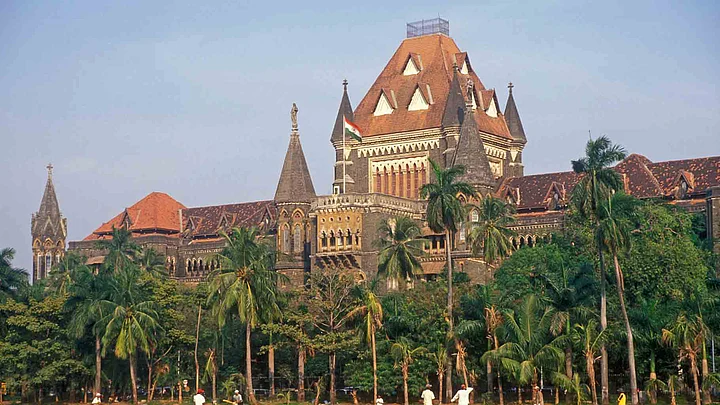The Bombay High Court is expected to begin hearing on 20 February on petitions filed by three convicts in the Shakti Mills gang-rape case, challenging the constitutional validity of a legal provision under which they were sentenced to death in 2014.
Vijay Jadhav, Kasim Bengali and Salim Ansari were convicted on 5 April, 2014 for raping a city-based photo-journalist in the Shakti Mills complex on 22 August, 2013.
Noting that the petitions had been pending since 2014, a bench of Justices B P Dharmadhikari and Revati Mohite-Dere on Wednesday rejected the Centre and the Maharashtra government's request for further time.
"These petitions have been pending since 2014. Therefore, you (the Union and the state) have had ample time to prepare," the bench said.
‘Hearing to Begin Without Any Further Delay’
The court also noted that hearing on confirmation of the death sentences was stayed before another bench of the high court since it depended upon the outcome of the above petitions.
It, therefore, said the court will begin the final hearing on the three writ petitions without any further delay.
Three of the five people who were convicted by the sessions court here in 2014 — Jadhav, Bengali and Ansari -- had moved the high court soon after their conviction, challenging the constitutional validity of the law under which they were sentenced to death for a repeat offence.
The petitioners challenged the sessions court order allowing the prosecution to invoke Indian Penal Code's (IPC) Section 376 (E) when the trial was already underway.
They also challenged the constitutional validity of this section, brought in by the Union government after the Nirbhaya gang-rape and murder case in Delhi in 2012.
In March 2013, the Centre amended the rape laws and introduced several stringent provisions, including Section 376 (E).
Convicted Previously for Raping Another Woman
The section says that if a person, who has been previously convicted for an offence of rape under IPC Section 376, is subsequently convicted for a repeat offence of rape, the courts can sentence him to imprisonment for the rest of his life, or even award a death sentence.
As the three petitioners were found to have raped another woman earlier, the prosecution invoked IPC Section 376 (E) and sought the death penalty.
The sessions court found merit in the prosecution's submissions and awarded the maximum punishment of death to the three petitioners, noting that they were habitual offenders.
Siraj Khan, another convict, was sentenced to life imprisonment since he wasn't involved in the earlier rape case, while the fifth accused, a minor, was sent to a correctional facility.
(At The Quint, we question everything. Play an active role in shaping our journalism by becoming a member today.)
